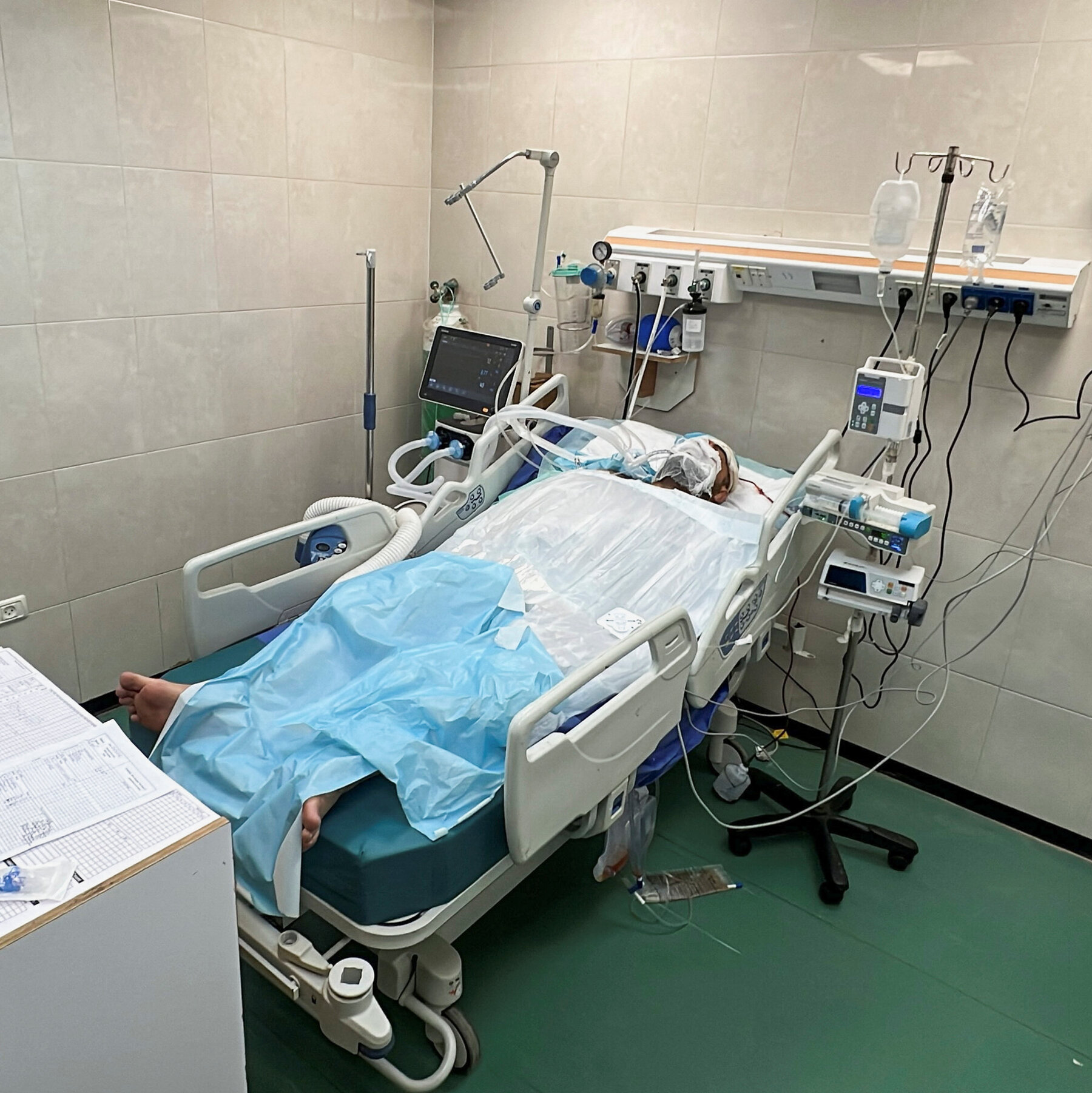The Israeli Connections to a New Gaza Aid Plan Promoted as Independent
In a move that has raised eyebrows amongst international observers, foreign contractors are poised to implement a novel food aid model within the beleaguered region of Gaza. This audacious initiative has been promoted as an independent aid system, separate from the influence of established aid institutions. However, a deeper look into the origins of this plan reveals that it has been largely conceived and developed by Israeli interests, raising questions about its true autonomy and purpose.
In recent years, Gaza has been the focus of numerous aid efforts, driven by the urgent need to address the humanitarian crisis that continues to escalate within its borders. Reputable aid organizations like the United Nations have spearheaded these efforts, leveraging their experience and vast resources to provide critical support to the region. Their efforts have resulted in significant, albeit insufficient, relief for the beleaguered residents of Gaza.
However, the proposed food aid system signifies a shift in this established paradigm. The new model, crafted by external contractors, diverges significantly from traditional methods. It threatens to displace these experienced aid agencies, introducing an element of competition and disruption into a landscape already fraught with challenges.
The origins of this new aid system are particularly noteworthy. Despite being touted as an independent initiative, it bears the indelible imprint of Israeli influence. The system was largely conceived and developed by Israelis, adding another layer of complexity to an already intricate situation.
This fact raises numerous questions, specifically about the motives behind the proposal. Given the tense political climate and the contentious relationship between Israel and Gaza, the involvement of Israelis in the creation of the aid system has been interpreted by some as a calculated move to undermine the influence and control of Hamas, the governing body of Gaza.
The political underpinnings of this aid system become more apparent when considering Israel’s complicated history with Gaza. The Israeli government has long been accused of using aid as a tool to exert control and influence over the region. While the Israeli government staunchly denies these allegations, the involvement of Israelis in the development of the new aid system does little to dispel these concerns.
The impact of this new aid system on the people of Gaza remains uncertain. While the prospect of additional aid is certainly welcome, the potential political motivations behind the initiative could potentially overshadow its benefits. It is crucial to remember that the primary aim of any aid system should be to alleviate suffering and improve living conditions. Political maneuvering should not undermine this objective.
The introduction of the new aid system in Gaza is a clear indication of the shifting dynamics within the region. It underscores the need for increased transparency in aid efforts and the importance of separating political agendas from humanitarian objectives. As the situation continues to evolve, the international community will be watching closely, keen to understand the full implications of this controversial move.
In conclusion, while the introduction of a new food aid system in Gaza, conceived and developed largely by Israelis, presents potential opportunities for increased aid to the region, it also raises significant concerns. The complex interplay between politics and humanitarian aid in this context underscores the need for ongoing scrutiny and transparency. It is a situation that calls for vigilance from all stakeholders, from the international community to local organizations, ensuring that the real winner in any aid initiative is always the people in need.








